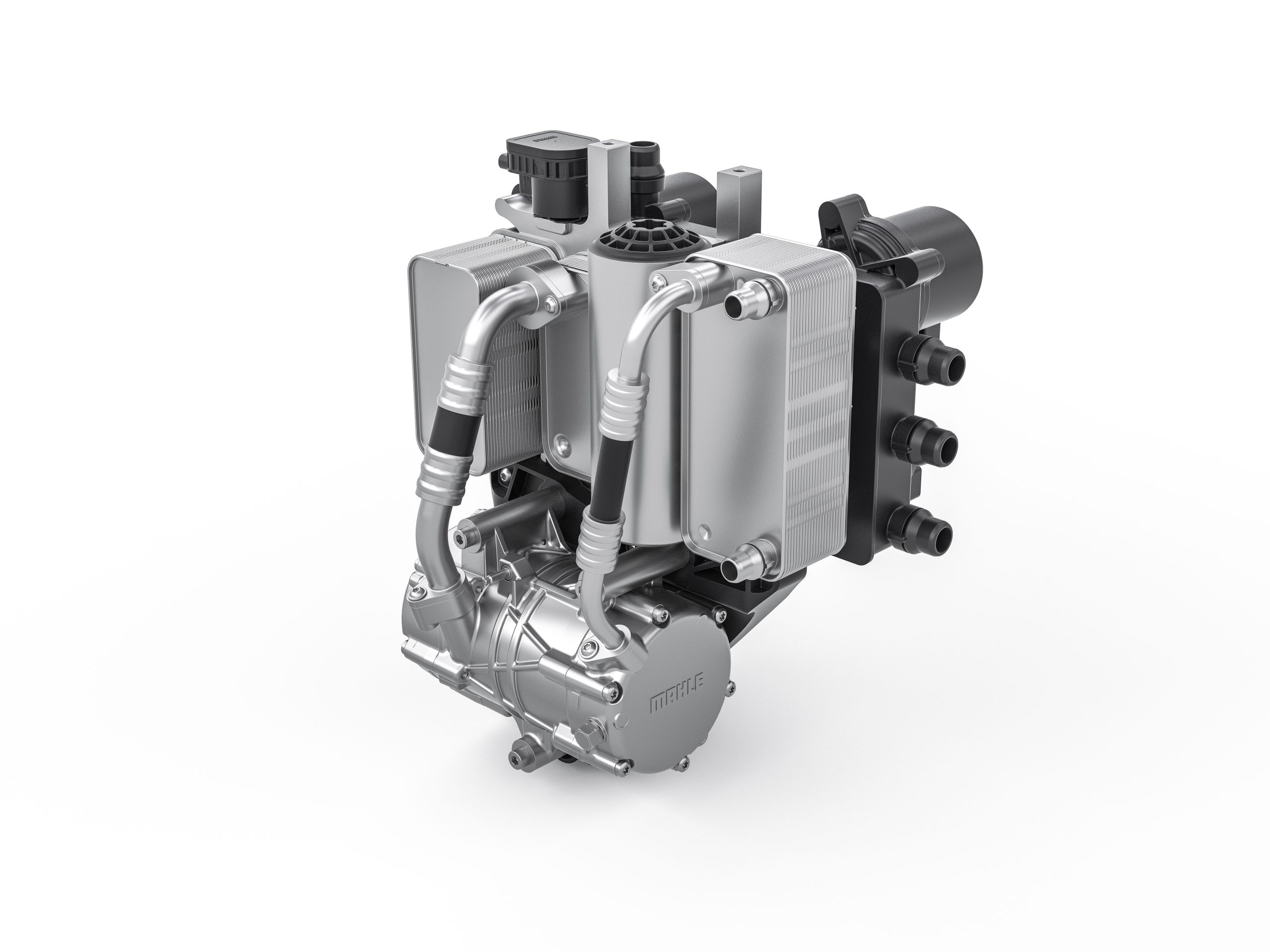 Kraftpaket: Das Thermo-management-Modul von MAHLE reduziert Bauraum und Kosten. Es arbeitet deutlich effizienter und kann die Reichweite eines E-Autos um bis zu 20 Prozent erhöhen. Foto: MAHLE
Kraftpaket: Das Thermo-management-Modul von MAHLE reduziert Bauraum und Kosten. Es arbeitet deutlich effizienter und kann die Reichweite eines E-Autos um bis zu 20 Prozent erhöhen. Foto: MAHLE
MAHLE has secured two major orders for thermal management modules and is thus successfully continuing its acquisition strategy in the field of e-mobility. One of the nominations comes from an established, globally positioned vehicle manufacturer. This is the largest single order for the technology group in its history. The second order comes from an up-and-coming, innovative car manufacturer from Asia. The total order volume of both projects amounts to almost EUR 1.5 billion. MAHLE is combining components that were previously installed individually into thermal management modules that control the temperature of the battery, vehicle interior, powertrain and power electronics. The modules work much more efficiently than their individual parts and can significantly increase the range of an electric car by up to 20 percent as well as the charging speed. MAHLE’s modular approach enables smaller installation spaces and drastically reduced assembly costs. Thermal management modules play a key role in e-mobility by helping to make vehicles attractive and affordable. As a driver of electrification, thermal management is an important strategic field for the Mahle Group.
“The decisive factor for both nominations was our in-depth understanding of systems, coupled with years of series production experience. This successfully sets MAHLE apart from the competition,” said Jumana Al-Sibai, Member of the MAHLE Management Board and responsible for the Thermal Management business unit. “By being able to take a holistic view of thermal systems in vehicles, we can develop innovative, customized concepts for our customers.”
In both modules, Mahle has combined its individual components, such as the electric compressor, heat exchanger, refrigerant valves and other components, into a single unit and impressed customers with the respective concepts. One of the modules is particularly highly integrated, as it connects the refrigerant circuit with the coolant circuits. This ensures that the battery, drivetrain and vehicle interior are supplied with sufficient heat in winter and optimally cooled in summer. Both thermal management modules were developed by an international team at the Mahle Tech Center Stuttgart and in regional development units.
.